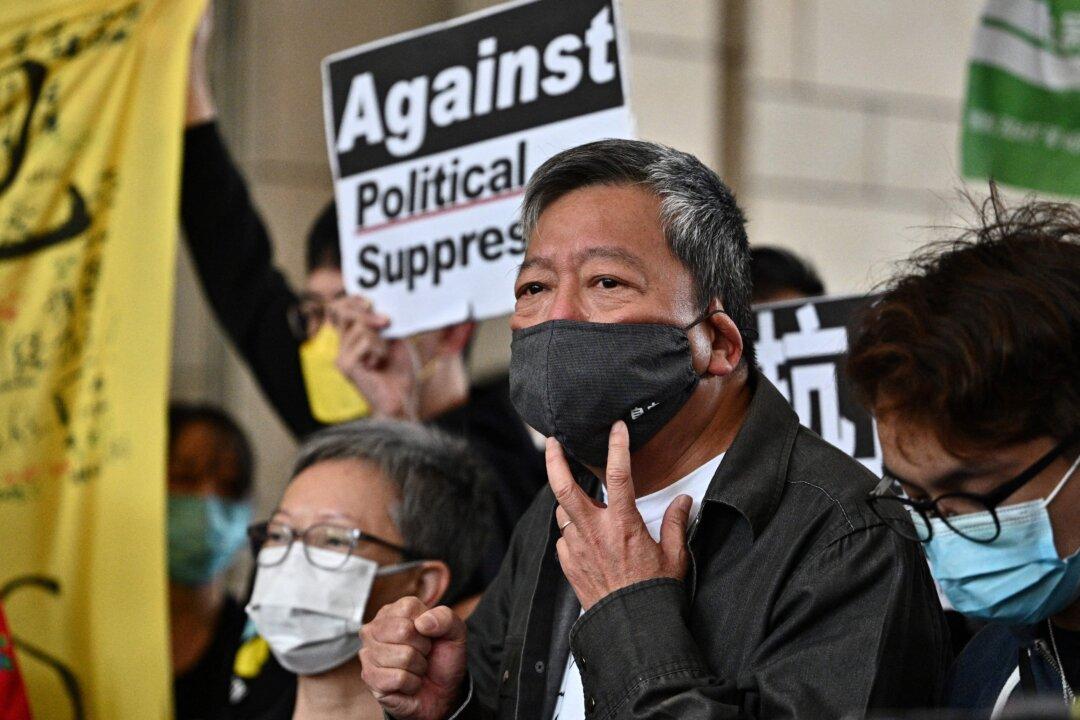The Chinese Communist Party’s encroachment on Hong Kong’s autonomy may mean the end of “one country, two systems” but it’s not the end of Hong Kong, says Emily Lau, former Democratic Party chair and legislator in Hong Kong.
“The people will continue to fight, fight for what we believe in and fight for the values that Beijing promised under the Sino-British Joint Declaration and the Basic Law,” Lau told NTD’s “Focus Talk” program.





